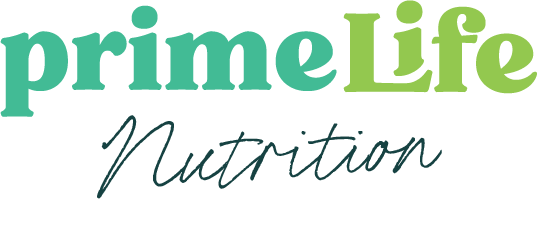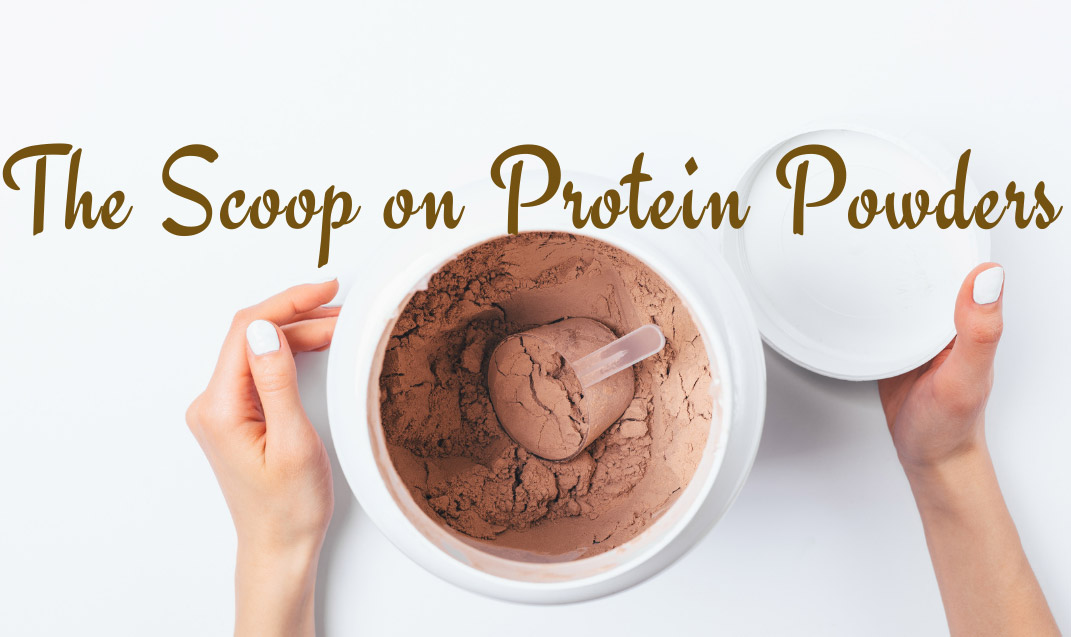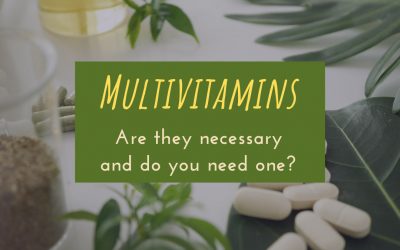Protein powders are always a topic of conversation and this blog is going to help break down what they are, what types may be more beneficial for you, and if you should even be taking one. Let’s first talk about what types of protein powders are out there and why they’re different.
- Whey – One of the most common protein powders out there, and one of the first powders produced for mass consumption. It’s a complete protein (contains all essential amino acids) and helps with muscle repair and rebuilding post-workout. Whey comes from cow’s milk. It’s the whey that is skimmed off of milk when they make it into a cheese. It’s literally the whey in “curds and whey”. For this reason, some people’s digestive systems don’t take too kindly to it. If you don’t tolerate milk-based products well, this is probably not the powder for you. Whey protein isolate has the highest protein concentration and little fat content which make it desirable for muscle building without fat gain.
- Casein – This is another milk-based protein powder but is absorbed much slower and longer than whey protein. This is a great protein powder to have before bed since it will supply the body with protein overnight when you’re sleeping but your body is still recovering. Make sure to look for calcium caseinate to ensure you’re getting the purest and most absorbable form of it.
- Soy – Soy based powders are plant-based and are also a complete protein, meaning they provide all the essential amino acids your muscles need. This is a great alternative for those following a vegan/vegetarian diet or who are lactose intolerant. It is more tolerated in the gut, but those who can’t tolerate soy would want to look at alternatives.
- Brown Rice – Another plant-based protein option, but it is not considered complete. You want to make sure you pair it with other plant based protein so you do meet the essential amino acid profile your body requires. Some other protein you could pair it with include hemp or pea powder. Brown rice is also hypoallergenic and very easily digestible.
- Pea – A great protein powder that is plant-based and should be paired with other plant proteins like hemp or brown rice. It is also highly digestible and would blend well in smoothies.
- Hemp – A high-fiber plant-based protein powder that also offers up healthy fats as well. This is a great choice for a vegan or vegetarian diet, but again should be paired with one or two other plant-based proteins so you get the best protein absorption.
Dairy-based proteins like whey and casein are great choices for their muscle building benefits as well as availability of zinc and iron if you’re not vegan or suffer from allergies. However, there is a strong case for integrating plant based proteins into your diet as they are easily digestible and have been proven to fight inflammation and reduce muscle soreness more effectively than dairy proteins.
Since one plant based protein powder alone won’t offer a complete protein, look for a product that combines several to create a full amino acid profile. Some brands that offer this include Orgain, Plant Fusion or Vega One. They provide complete proteins, omega-3s, probiotics, greens, and antioxidants all in one serving.
Protein powders can be easy, affordable, and clean; you just need to know how to pick them. Start with figuring out what protein powder would be the best for YOUR body. One powder that works for someone else won’t necessarily work for you as well. Then figure out where it fits in your schedule. It could be easier to throw it in your morning smoothie, having it with milk or water right after a workout, or right before bed if you’re taking casein. It isn’t always about paying the highest price for a powder, it’s more about what your body likes most, and keeping the ingredients clean. Watch out for ingredients like corn syrup solids, brown rice syrup, hydrogenated oils, or hidden sugars like dextrose, glucose, or palm sugar. You still want to be able to recognize and understand what the ingredients are regardless of how much protein and fiber is in a supplement.
If you’re ever unsure about what protein powder works for you, you should always talk to a professional about it. The best way to figure out which one works best for you is to try it. Head to a local supplement store and try to get samples of products before you invest and buy one. If you’re going to spend the money, you want to make sure it’s the right product for you. As always, if you have any questions, feel free to reach out to us!






0 Comments